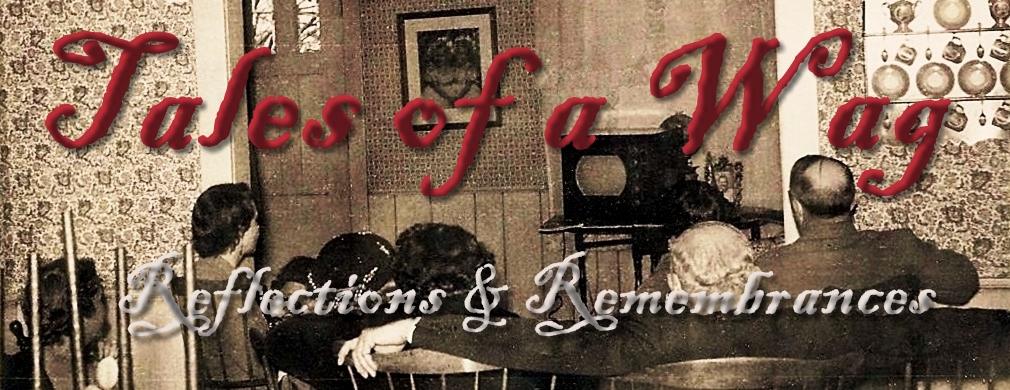Breakfasts for kids in the 1950s meant cardboard cereal boxes on the table, full of cereals that were well advertised on our new 9″ screen television set. The Lone Ranger was sponsored by General Mills and Cheerios. Captain Kangaroo featured ads for Wheaties, the “breakfast of champions.” Our favorite cowboy shows had ads for Sugar Pops, Rice Krispies and Post Toasties.
As children, we were attracted not so much by the cereals but instead by the boxes that had something extra either in them or on the back of the box. We greedily “jumped the gun” when a new box was bought. We opened it, not to eat the cereal, but to get the “prize” inside or printed on the outside. We were finally sternly forbidden to cut out something on the outside of the box before it was empty. Our dad didn’t have a sense of humor about his cereal falling out a hole in the side of the box.
My favorite cereal was the one dad ate, Shredded Wheat. I didn’t eat it because it had no taste, got soggy really quick and was mushy. Besides, our mom told us it was “healthy,” something to be avoided at all costs. The Shredded Wheat box it came in, however, was a different story. That box held it’s pillow-shaped cereal pads in rows, divided by three rectangular cardboards. On the cardboards were puzzles and interesting things to do. We argued over who would get the inserts to color or cut out. Once our dad opened the box, we would wait, then the inserts would “mysteriously disappear,” leaving the shredded wheat pads bumping together and becoming only shreds in the bottom of the box, which didn’t exactly please our dad.
I’ve noticed that the only extras on today’s cereal boxes aren’t very interesting. It makes me wonder why advertising agencies no longer take advantage of the cardboard box. If an oldster like me still remembers the names after 60 years, how much trouble would it be to slide a packet of cut-outs into a box? Or print them on the inside of the box?
Reminds me of a story told me by a good friend and great storyteller, Judge Jim Zimmerman. He said a man he knew went to the UPS company when it first started. He presented himself as an advertising genius and offered the company a deal. He said he would give them an idea to promote their business and if it didn’t double their sales in six months he would charge them nothing for the idea. But if it did, they would give him a small percentage of their company. The percentage was small and the risk also seemed small. So, they agreed and signed papers to that effect. After shaking hands and signing, the man then gave them his idea. He said they should put the name of their company on the side of their trucks.






